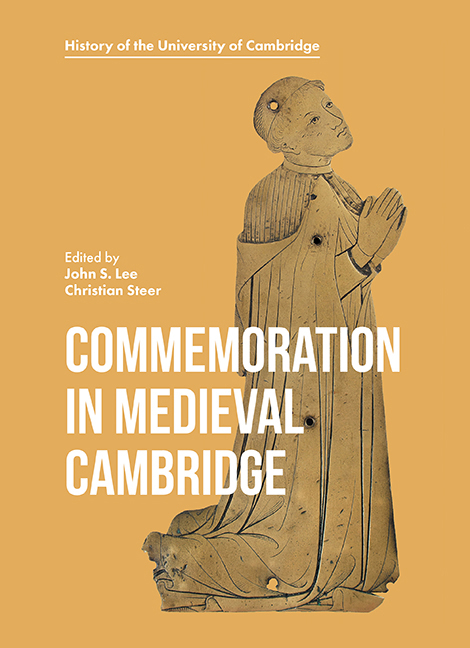4 results in History of the University of Cambridge

Cambridge in the 1830s
- The Letters of Alexander Chisholm Gooden, 1831-1841
-
- Published by:
- Boydell & Brewer
- Published online:
- 25 March 2023
- Print publication:
- 20 November 2003

Commemoration in Medieval Cambridge
-
- Published by:
- Boydell & Brewer
- Published online:
- 25 October 2019
- Print publication:
- 20 September 2018

Reformation and Religious Identity in Cambridge, 1590–1644
-
- Published by:
- Boydell & Brewer
- Published online:
- 11 May 2017
- Print publication:
- 20 September 2007

Robert Willis (1800-1875) and the Foundation of Architectural History
-
- Published by:
- Boydell & Brewer
- Published online:
- 05 October 2013
- Print publication:
- 15 August 2013

